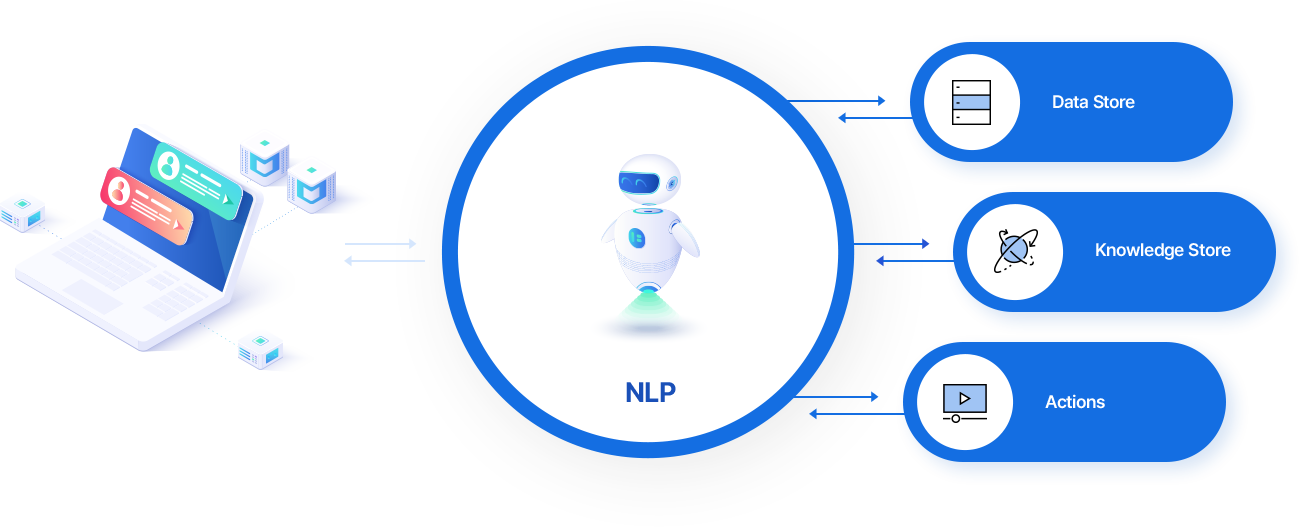About NLP
Natural language processing (NLP) applies human language in computing
for analysis and processing, contrasting with programming languages
(artificial languages) used on computers.
*Natural language processing (NLP)
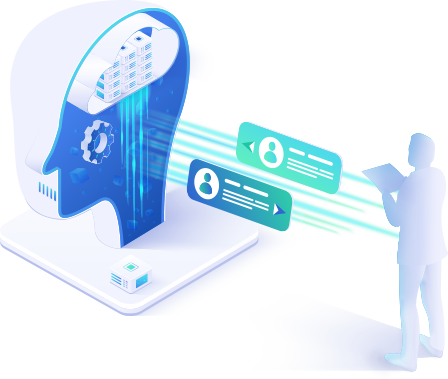
NLP Concept
NLP, a core area of artificial intelligence, enhances human-computer interaction,
extracts useful information from text data, and is employed for understanding and
generating documents in natural language.
Approaches
-

- Linguistic analysis
- This method analyzes natural language sentences
based on rules or dictionaries.
-

- Statistical analysis
- This method utilizes machine learning to extract
and analyze data from empirical and large-scale
labeled datasets.
Applications
-
 Information
Information
retrieval -
 Question
Question
answering -
 Machine
Machine
translation -
 Automatic
Automatic
interpretation -
 Document
Document
creation -
 Document
Document
summarization -
 Document
Document
classification -
 Document
Document
verification
NLP Technology
NLP technology employs techniques such as natural language analysis,
understanding, and generation. Deep learning, a major field of artificial intelligence,
is currently being applied to machine translation and natural language generation.
Natural Language Analysis
The first phase of NLP involves analyzing text from syntactic, semantic, and morphological perspectives, comprising four stages
-

- Morphological Analysis
Breaking down strings into
morphemes, the smallest units
of meaning -

- Syntax Analysis
Understanding sentence structure and analyzing grammatical relationships between words
-

- Semantic Analysis
Interpreting the meaning
of sentences based on analyzed
syntactic structure -

- Pragmatic Analysis
Understanding the sentence's
intent through context, linguistic
experience, and inference
Natural Language Understanding
The second phase of NLP where the computer operates based on text- or speech-based natural language input.
It involves the lexicon of the language, grammar rules for conversion to internal representation, and semantic theories for understanding meaning.
-
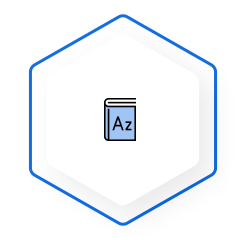 Lexicon
Lexicon
-
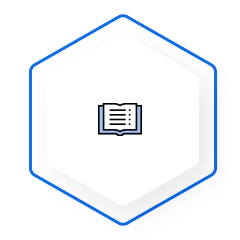 Grammar rules
Grammar rules
-
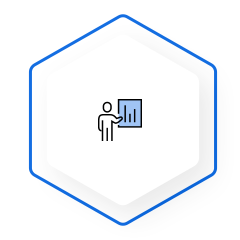 Semantic theories
Semantic theories
Natural Language Generation
The third phase of NLP where processed data is converted into natural language.
It involves merging information about content and structure, selecting appropriate vocabulary, and creating expressions.
-
 Deciding structure
Deciding structure -
 Merging information
Merging information -
 Generating vocabulary and expression
Generating vocabulary and expression
Applied Industries
NLP simplifies and automates processes involving large volumes of unstructured text,
allowing for more effective data analysis. It's actively researched in AI and can be applied in
all industries/sectors where human language is used, such as
-
 Insurance
Insurance
-
 Finance
Finance
-
 Medical
Medical
-
 Customer service
Customer service
-
 Legal
Legal
-
 AI R&D
AI R&D
